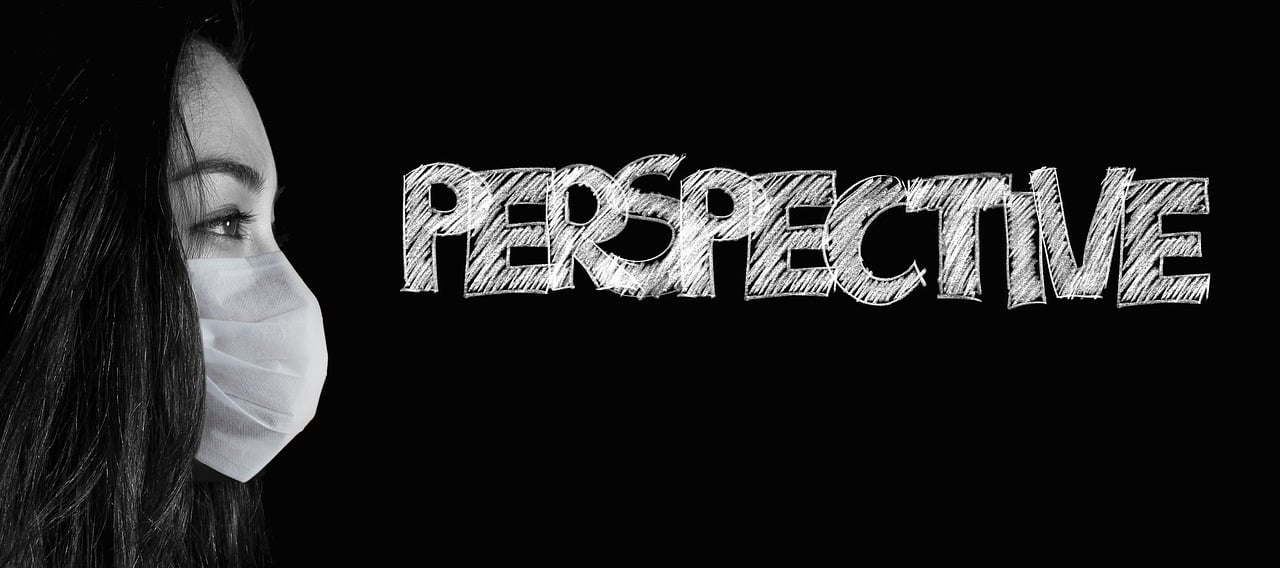Dark Circles: An Introduction
Dark circles under the eyes are a common concern for many, often attributed to factors such as lack of sleep and genetics. However, what’s less known is that certain vitamin deficiencies can also contribute to the appearance of these pesky under-eye shadows. In this article, we’ll explore five key vitamin deficiencies that can cause dark circles and provide insights into how to address them for a healthier and brighter under-eye area.
Vitamin B12 Deficiency and Dark Circles
Vitamin B12 is essential for numerous bodily functions, including the production of haemoglobin, the protein responsible for carrying oxygen in red blood cells. When you lack vitamin B12, your haemoglobin levels drop, leading to paler and thinner skin under the eyes. This can make the underlying blood vessels more visible, resulting in the appearance of dark circles. Additionally, vitamin B12 plays a crucial role in DNA synthesis and nerve function. Ensuring you have an adequate intake of vitamin B12 through diet or supplements can help combat this deficiency and reduce dark circles.
Vitamin K Deficiency and Dark Circles
Vitamin K is primarily known for its role in blood clotting and bone health. However, it also contributes to maintaining healthy skin. A deficiency in vitamin K can lead to dark circles under the eyes because it affects the production of prothrombin, a protein involved in blood clotting. Without sufficient vitamin K, blood vessels under the eyes can become more fragile and prone to bleeding, resulting in dark circles. Including vitamin K-rich foods in your diet, such as leafy greens, broccoli, and Brussels sprouts, can help address this deficiency.

Vitamin D Deficiency and Dark Circles
Vitamin D is vital for various bodily processes, including cell growth, immune function, and bone health. Insufficient vitamin D can lead to under-eye circles because it is necessary for collagen synthesis, a protein responsible for maintaining skin firmness and elasticity. When vitamin D is lacking, the skin under the eyes can become thin and wrinkled, making blood vessels more visible. Sun exposure and dietary sources of vitamin D, such as fatty fish and fortified foods, can help combat this deficiency and improve the appearance of dark circles.
Vitamin C Deficiency and Dark Circles
Vitamin C, known for its role in boosting the immune system, collagen synthesis, and wound healing, also plays a crucial part in maintaining skin elasticity. A deficiency in vitamin C can result in dark circles because it hampers the production of collagen, which keeps the skin around the eyes tight and elastic. Inadequate vitamin C intake can lead to thinning and wrinkling of the skin, making blood vessels beneath the surface more noticeable. To address this deficiency, include vitamin C-rich foods in your diet, such as citrus fruits, bell peppers, and strawberries.
Vitamin E Deficiency and Dark Circles
Vitamin E is an essential nutrient that supports the immune system, cell growth, and acts as an antioxidant, defending the skin against oxidative stress caused by free radicals. Free radicals are unstable chemicals that can damage skin cells, potentially making dark circles more prominent. While vitamin E deficiency is relatively rare, ensuring an adequate intake of this vitamin can help protect your skin and prevent the worsening of dark circles. You can find vitamin E in foods like almonds, sunflower seeds, and spinach.
Conclusion
Dark circles under the eyes can be a result of various factors, including vitamin deficiencies. While genetics and sleep play a significant role, addressing these deficiencies through proper nutrition and, if necessary, supplements can contribute to a brighter and healthier under-eye area. Remember that it’s crucial to consult with a healthcare professional if you suspect a vitamin deficiency, as they can provide guidance and tailored recommendations for addressing the issue. In doing so, you can bid farewell to those pesky dark circles and enjoy a more refreshed appearance.







Курсы продвижения сайтов: Влияние SEO на ранжирование сайта и повышение рейтинга
курсы продвижение сайтов обучение http://seo111.ru/.
Ingco: лучшие инструменты для профессионалов
ингко https://www.ingco-instrument213.ru.